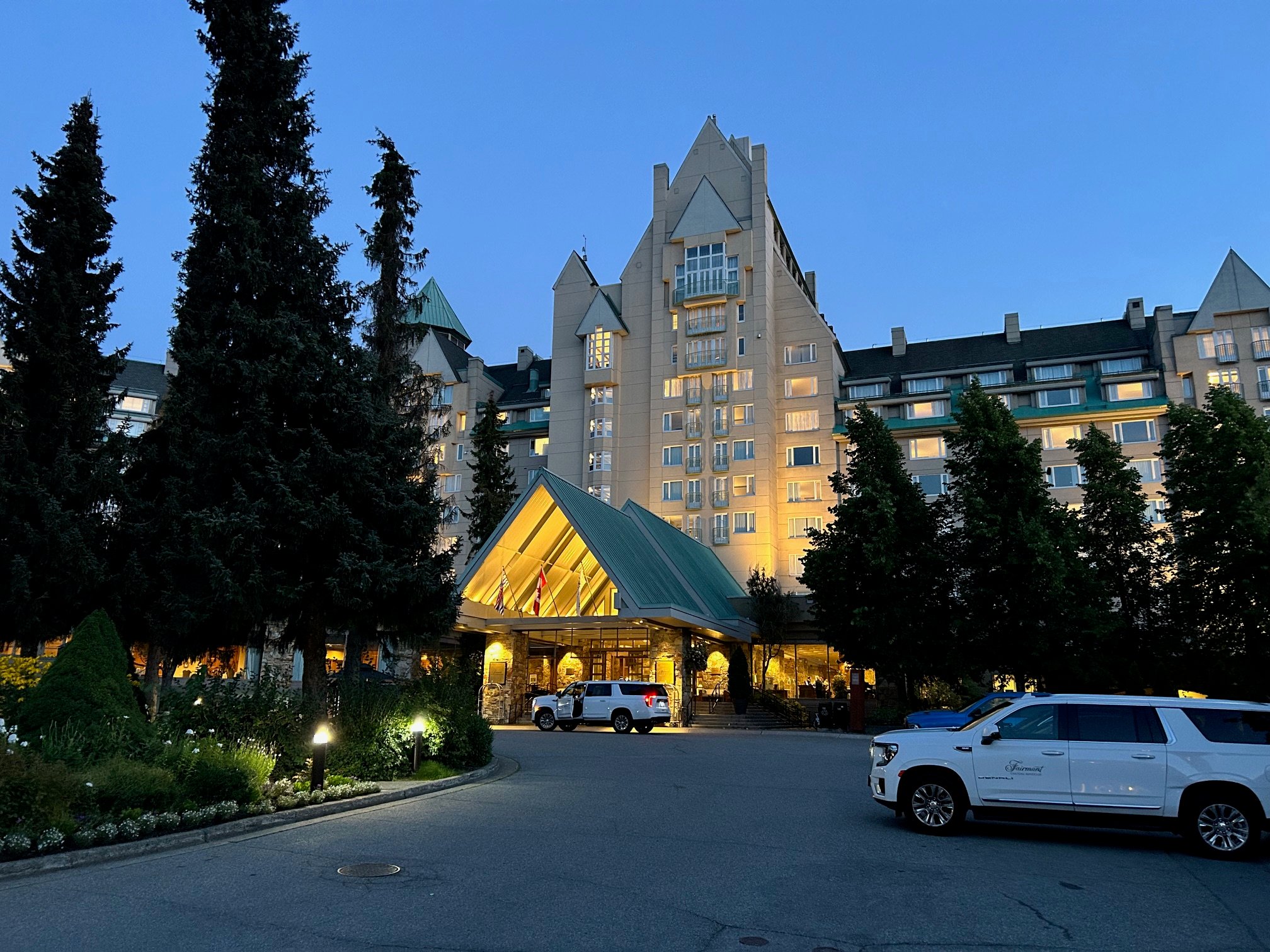The way to make urban dwellers more aware of farmers’ contributions to the economy is to stay out of the cities, say some Saskatchewan farmers.
That’s what they plan to do during this year’s Western Canada Farm Progress Show.
A group calling itself Concerned Citizens of Rural Saskatchewan has been urging others to join its boycott of the 22nd annual show, which runs June 16-19 in Regina.
Bob Pfeifer of Lemberg, Sask., is the group’s spokesperson.
“We’re just trying to draw attention to the farm crisis,” he said from his tractor. “We’re not going to stand at the gates and stop (others from attending).”
Read Also

VIDEO: 2025 pulse and special crops convention kicks off in Whistler
Western Producer reporter Sean Pratt is in Whistler, B.C., covering the 2025 annual Pulse & Special Crops Convention. Follow along…
Urban residents are not truly aware of the situation in which many farmers find themselves, he said. But they do reap benefits from farmers, including the proceeds from the Farm Progress Show.
“Most of that comes from the farm sector,” he said.
Instead of trying to get farmers out to rallies, it might be easier to make their point by staying home, he said.
Farm show chair Lynette Evans said organizers understand and are sympathetic, but the show will go on.
“We’re not sitting back saying ‘we don’t care,’ ” she said. “We are committed to the exhibitors and to the international visitors who will be coming in.”
Evans said there will be about 700 exhibitors and the largest international contingent ever.
While farm equipment dealers have been weathering the farm crisis along with their customers, she added the show organizers haven’t really noticed much change in the exhibitor lineup.
“A few haven’t come back but the waiting list fills the spots pretty quickly,” she said.
Pfeifer said most farmers can’t afford the equipment they see at the show.
“To us that’s like saying we don’t care if 85 percent of the people drown on the Titanic, we only want to save the 15 percent with money.”
He said encouraging rural people to stay home and spend their dollars locally seems to be working.
Response to the boycott is good so far, he said, and several rural municipalities have passed resolutions supporting the idea.















